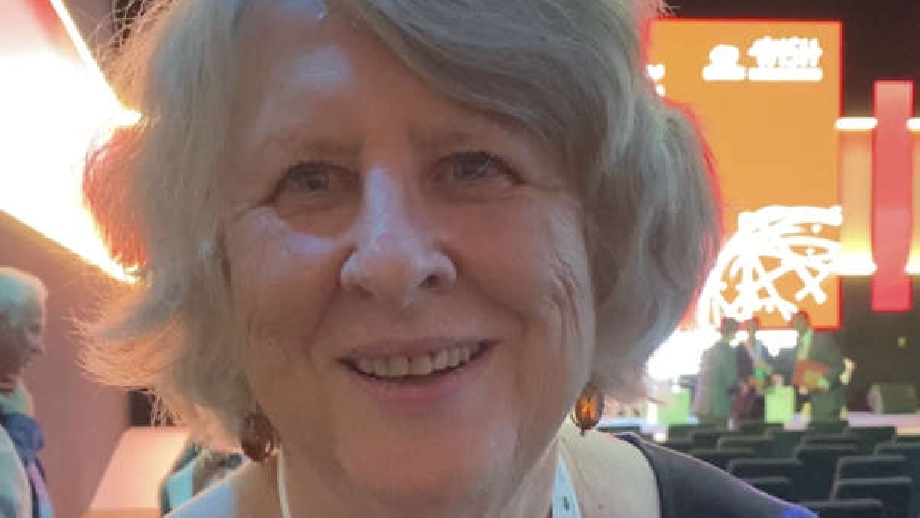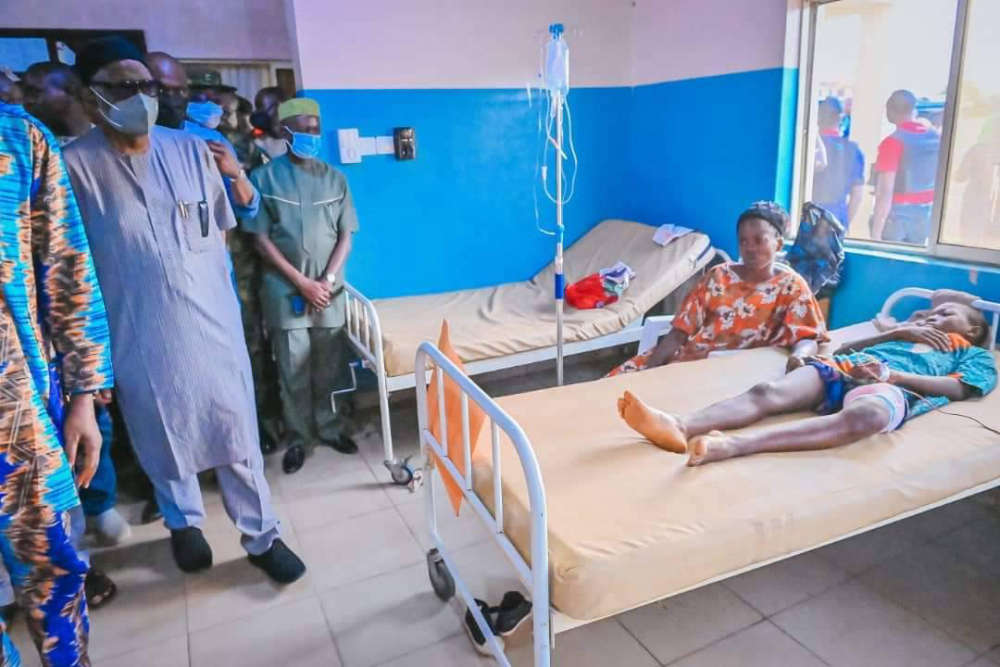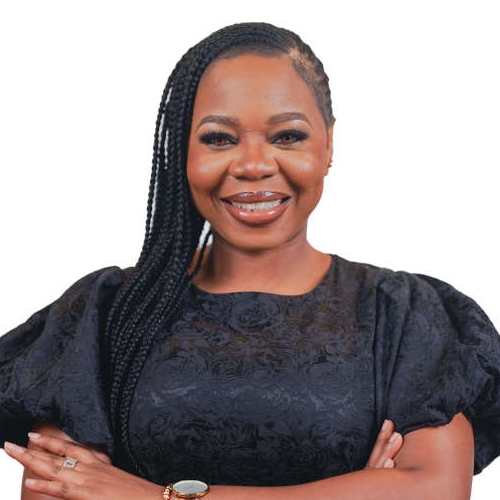
The Nigerian government and its counterparts in other African countries need to invest more in health infrastructure if they hope to fight off the challenges of malaria, tuberculosis, and HIV (AIDS) by the year 2030.
Roslyn Morauta, Vice-Chair of the Global Fund Board, made this assertion in an exclusive interview with Nigeria Info at the just-ended World Innovation Summit for Health (WISH 2022) in Doha, Qatar.
Speaking after participating in one of the panel sessions: Investing in Health in Emerging Markets, Morauta says the Global Fund is “working closely with (African) governments for them to increase their expenditure on health.”
According to the Global Fund Board VP, “we have just raised $14.25 billion so far for our next three funding cycles.”
But she insists there is a shortfall as “this represents only about 14% of what is required to fight the three diseases in order to get us back on track to eliminate them by 2030.”
Nigeria’s proposed 2023 health budget is N1.17 trillion - that’s about 5.75% of the total budget of just over N20 trillion.
A breakdown of this shows that N404.08 billion will be used for capital expenditure and N580.82 for recurrent expenditure.

More worrisome is a report from the International Centre for Investigative Report (ICIR), quoting data from the Budget Office of the Federation, that Nigeria has spent 72% of its health budget on paying salaries and running offices over the last 11 years.
While Nigeria is spending 72% of its health budget over the last 11 years running offices, Morauta says “72% percent of our money (Global Fund) goes to the African continent,” and that the WISH 2022 panel on Investing in Health in Emerging Markets dwelt extensively on “how to bring more money, investment into lower-middle-income countries, particularly Africa, whether it’s from the public sector, donors, domestic governments and the private sector.”
But the Global Fund Board VP insists that “to achieve the goal we’ve set for the next three years, we’re expecting that at least 40% of funding for the three diseases will come from the governments themselves.”
She believes this is the challenge Nigeria and other African countries will have to face to achieve the Sustainable Development Goal (SDG) three.

The World Innovation Summit for Health 2022 took place in Doha, Qatar with the theme: Healing the Future.
Several world leaders, including Her Highness, Sheikha Moza bint Nasser, the Chairperson of the Qatar Foundation; President Samia Hassan of Tanzania and FIFA President, Gianni Infantino participated in the three-day summit.
Health professionals and innovators were also in attendance.
Roslyn Morauta, Vice Chair, Global Fund Board tells Ufuoma Egbamuno (@Foskolo) what African governments need to do to eradicate Malaria, HIV and Tuberculosis by 2030. #WISHQatar2022 #HealingTheFuture #Qatarhttps://t.co/yIO1aY6DYY #HealingTheFuture #Qatar #WISHQatar2022 pic.twitter.com/bcFTNvzqSw
— Nigeria Info FM 99.3 (@NigeriainfoFM) October 17, 2022


